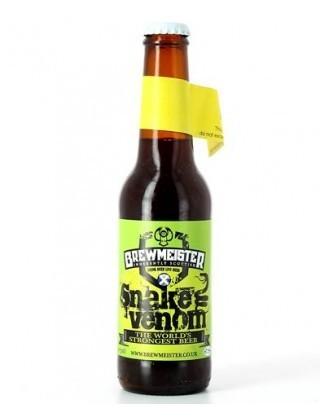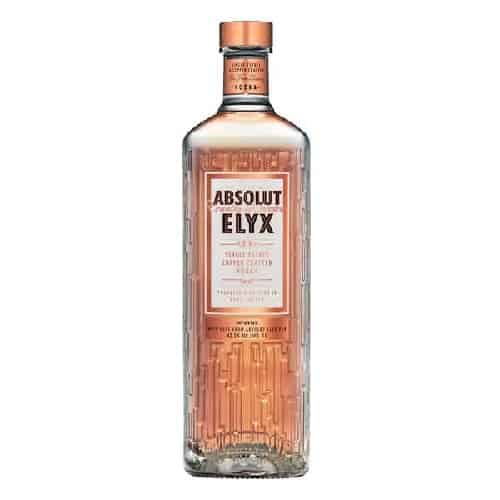We always knew there was science behind sharing a great bottle of wine and a cheeky cheese platter!
A study into the effects of food and drink on the brain by Iowa State University researchers has found the combination of wine and cheese may lessen cognitive decline.
The study was a decade-long, large-scale analysis connecting specific foods to later-in-life cognitive acuity, conducted by a research team led by assistant professor in Food Science and Human Nutrition Auriel Willette, and Neuroscience Ph.D. candidate Brandon Klinedinst.
Willette, Klinedinst, and their team analyzed data collected from 1,787 adults aged between 46 and 77 years of age, accessing data from the UK Biobank, a large-scale database with in-depth genetic and health information from around 500,000 UK participants.

Participants in the study – which began in 2006 – responded to a Fluid Intelligence Test (FIT) that measures quick thinking and adjustments, but also answered questions about their food and alcohol consumption behaviors at baseline, and during two follow-up assessments.
“I was pleasantly surprised that our results suggest that responsibly eating cheese and drinking red wine daily are not just good for helping us cope with our current COVID-19 pandemic, but perhaps also dealing with an increasingly complex world that never seems to slow down,” Willette told Iowa State’s Research News site.
According to the news report, the study found:
- Cheese was the most protective food against age-related cognitive problems
- The daily red wine consumption was related to cognitive function improvements
- Lamb, but not other red meats, improved long-term brain function
- Salt consumption is problematic, but only those already at risk for Alzheimer’ may need to watch salt intake to avoid cognitive issues
“Depending on the genetic factors you carry, some individuals seem to be more protected from the effects of Alzheimer’s, while others seem to be at greater risk,” said Klinedinst of the results.
RELATED BEST 10 ON AMAZON:
| IMAGE | TITLE | TRENDS | SEE MORE |
|---|
 | PreserVision AREDS 2 Eye Vitamin & Mineral Supplement, Contains Lutein, Vitamin C, Zeaxanthin, Zinc & Vitamin E, 120 Softg... | 207942 | MORE VIEW |
|---|
 | Huperzine A 200mcg (Third Party Tested) Manufactured in The USA, 120 Tablets, Nootropics Brain Supplement to Promote Acety... | 10651.1 | MORE VIEW |
|---|
 | 52 Essential Coping Skills Cards - Exercises for Stress Management, Anxiety Relief - Build Emotional Agility, Resilience, ... | 4639.5 | MORE VIEW |
|---|
 | HulaFish Foldable Insulated Picnic Basket with lid 32L Extra Large Insulated Bag Easy Storage Compact Design Wine Picnic B... | 3703 | MORE VIEW |
|---|
 | DIGI-note Voice Recording Memo Notepad | 52.8 | MORE VIEW |
|---|
 | North Mountain Supply Food Grade Yeast Nutrient - 3.5 Ounce Jar | 7599.9 | MORE VIEW |
|---|
 | Duracell Coppertop AAA Batteries with Power Boost Ingredients, 16 Count Pack Triple A Battery with Long-lasting Power, Alk... | 619992 | MORE VIEW |
|---|
 | SMIRLY Bamboo Cheese Board and Knife Set: Extra Large Charcuterie Board Set - Wooden Cheese Boards, Charcuterie Boards Gif... | 1113.9 | MORE VIEW |
|---|
 | Goli Apple Cider Vinegar Gummy Vitamins - 60 Count - Vitamins B9 & B12, Gelatin-Free, Gluten-Free, Vegan & Non-GMO | 1579530 | MORE VIEW |
|---|
 | Duracell Coppertop AAA Batteries with Power Boost Ingredients, 16 Count Pack Triple A Battery with Long-lasting Power, Alk... | 619992 | MORE VIEW |
|---|
 | Bio-Oil Skincare Moisturizer with Vitamin E, for Scars and Stretchmarks, Face Serum and Body Moisturizer for Dry Skin, No... | 399703 | MORE VIEW |
|---|
 | Neck and Shoulder Relaxer, Cervical Traction Device for TMJ Pain Relief and Cervical Spine Alignment, Chiropractic Pillow ... | 222953 | MORE VIEW |
|---|
 | PreserVision AREDS 2 Eye Vitamin & Mineral Supplement, Contains Lutein, Vitamin C, Zeaxanthin, Zinc & Vitamin E, 120 Softg... | 207942 | MORE VIEW |
|---|
 | Face Roller by Revlon, Oily Skin Control for Face Makeup, Oil Absorbing, Volcanic Reusable Facial Skincare Tool for At-Hom... | 204910 | MORE VIEW |
|---|
 | VITAL VITAMINS Brain Supplement Nootropics Booster - Enhance Focus & Mind, Boost Concentration, Improve Memory & Clarity f... | 165708 | MORE VIEW |
|---|
 | Genius Mushroom – Lions Mane, Cordyceps and Reishi – Immune System Booster & Nootropic Brain Supplement – Wellness Formula... | 128722 | MORE VIEW |
|---|
 | Onnit Alpha Brain Premium Nootropic Brain Supplement, 30 Count, for Men & Women - Caffeine-Free Focus Capsules for Concent... | 117991 | MORE VIEW |
|---|
 | Scotch Thermal Laminating Pouches, 200- Count-Pack of 1, 8.9 x 11.4 Inches, Letter Size Sheets, Clear, 3-Mil (TP3854-200) | 113724 | MORE VIEW |
|---|
Tips: "Amazon, Amazon Prime, the Amazon logo and Amazon Prime logo are trademarks of Amazon.com, Inc. or its affiliates". AS AN AMAZON ASSOCIATE, WE EARN AFFILIATE COMMISSIONS FROM QUALIFYING PURCHASES.























